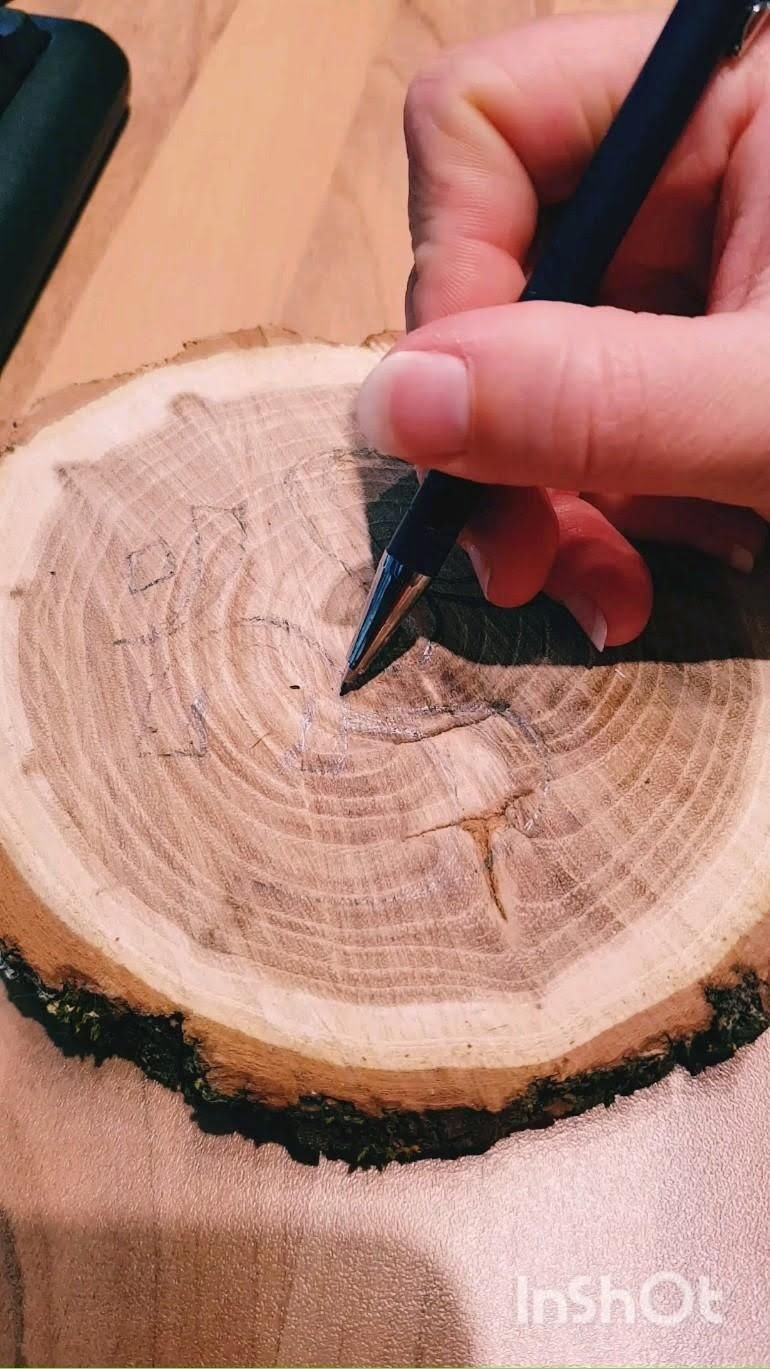What’s the best CNC machine for woodworking? In the world of woodworking, CNC machines have revolutionized the way intricate designs and precise cuts are achieved. These machines provide efficiency, accuracy, and consistency in manufacturing wooden pieces. Choosing the right CNC machine is crucial to ensure optimal results in your woodworking projects.
CNC machines come in various types, each offering unique capabilities for different woodworking tasks. From table routers for cutting designs into wood to milling machines for shaping wooden pieces, and laser cutters for intricate detailing, there are options to suit a wide range of woodworking needs. Understanding the differences between these types can help you make an informed decision when selecting the best CNC machine for your workshop.
When considering which CNC machine is best for woodworking, key features play a significant role in determining the suitability of a particular model. Factors such as bed size, spindle power, and accuracy are crucial considerations that can impact the quality and efficiency of your woodworking projects. It is essential to carefully evaluate these features to ensure that the CNC machine meets your specific requirements and standards.
Types of CNC Machines for Woodworking
When it comes to woodworking, having the right tools can make all the difference in the quality of your projects. CNC machines have revolutionized the woodworking industry by providing precision and efficiency that traditional tools cannot match. One of the essential decisions to make when considering CNC machines for woodworking is choosing the right type for your specific needs. Let’s dive into the different types available on the market:
- Table Routers: Table routers are versatile CNC machines that are commonly used in woodworking for cutting and shaping wood. They are ideal for tasks such as engraving, drilling, and carving intricate designs. With a flat table surface and a rotating cutter, table routers are perfect for detail-oriented projects.
- Milling Machines: Milling machines are another popular choice for woodworking enthusiasts due to their ability to create complex shapes and contours with high precision. These machines use rotary cutters to remove material from a workpiece, making them suitable for producing furniture pieces or decorative items with intricate designs.
- Laser Cutters: Laser cutters have gained popularity in the woodworking industry for their ability to provide clean and precise cuts on various materials, including wood. They use a high-powered laser beam to cut through wood with accuracy, making them ideal for creating detailed patterns or engraving designs on wooden surfaces.
Each type of CNC machine has its own strengths and capabilities, so it’s important to consider your specific woodworking projects and requirements when deciding which one is best suited for you.What’s the best cnc machine for woodworking ultimately depends on what kind of tasks will be most commonly performed with it?
Key Features to Consider
When looking for the best CNC machine for woodworking, there are several key features to consider that can significantly impact the quality of your work and overall productivity. One essential factor to evaluate is the bed size of the CNC machine.
The bed size determines the maximum dimensions of the material that can be worked on, so it is crucial to choose a machine with a bed size that matches your project requirements. Larger bed sizes provide more versatility and flexibility in working with different-sized pieces of wood.
Another important feature to look for in a CNC machine for woodworking is spindle power. The spindle is what holds and rotates the cutting tool, so having adequate spindle power is vital for achieving efficient cuts and maintaining precision throughout the machining process. Higher spindle power allows for faster cutting speeds and better performance when working with dense or hard woods.
Accuracy is another critical feature to consider when selecting a CNC machine for woodworking. The level of accuracy of a CNC machine determines the precision of cuts and carved designs, ultimately influencing the quality of your finished products. Machines with high accuracy ensure that every detail of your design is executed flawlessly, leading to professional-looking results. Before making a purchase, it is essential to assess the accuracy specifications of different machines to find one that meets your precision requirements.
Budget Considerations
When it comes to choosing the best CNC machine for woodworking, budget considerations play a significant role in the decision-making process. The price of CNC machines can vary widely depending on factors such as size, power, and features. It is essential to determine your budget range before starting your search to ensure that you are looking at options that are within your financial means.
To help woodworkers navigate the various budget ranges available for CNC machines, here are some options to consider:
- Entry-Level Budget: For those who are just starting with CNC woodworking or have a limited budget, there are entry-level machines available that offer basic functionality and features at a lower cost. These machines may have smaller bed sizes and less powerful spindles but can still be sufficient for beginner projects.
- Mid-Range Budget: Woodworkers who have a bit more to invest in a CNC machine can explore mid-range options that offer better performance and more features. These machines may have larger bed sizes, higher spindle power, and increased accuracy, making them suitable for intermediate projects.
- High-End Budget: For professionals or enthusiasts who prioritze top-of-the-line performance and features, high-end CNC machines are available at a higher price point. These machines often have advanced capabilities, larger bed sizes, powerful spindles with high precision, and additional functionalities that cater to complex woodworking projects.
It is important to remember that while budget is an essential factor when selecting a CNC machine for woodworking, it should not be the sole determining factor. Consider how the machine’s features align with your woodworking needs and goals to make an informed decision on which CNC machine will provide the best value for your investment.
Software Compatibility
Why Software Compatibility Matters
When it comes to selecting the best CNC machine for woodworking, software compatibility is a crucial factor to consider. The software used with CNC machines plays a significant role in controlling the machine‘s operations, interpreting design files, and ultimately producing the desired woodworking projects. Choosing software that is compatible with your CNC machine ensures smooth operation and seamless execution of your designs.
Suitable Software Options
There are several software options available in the market that are specifically designed for use with CNC machines for woodworking. Popular choices include Vectric Aspire, Autodesk Fusion 360, and VCarve Pro. These programs offer user-friendly interfaces, powerful design tools, and G-code compatibility to streamline the manufacturing process. It is important to choose software that not only meets your current woodworking needs but also has room for growth as your skills and projects evolve.
Considerations When Selecting Software
When choosing software for your CNC machine, consider factors such as ease of use, design capabilities, toolpath generation, and post-processing compatibility. Additionally, look for software that offers regular updates and technical support to ensure continued functionality. Consulting with other woodworkers or professionals in the industry can also provide valuable insights into the best software options available. Ultimately, selecting compatible software will enhance the overall performance of your CNC machine and elevate your woodworking projects to new heights.
Maintenance and Troubleshooting Tips
When it comes to woodworking, investing in a CNC machine can make a significant difference in the precision and efficiency of your projects. Proper maintenance is crucial to ensure that your CNC machine operates smoothly and delivers accurate results consistently. To maintain your CNC machine for woodworking, regularly clean the machine to prevent dust and debris from affecting its performance. Lubricate moving parts as recommended by the manufacturer to ensure smooth operation.
In addition to regular maintenance, being proactive about troubleshooting common issues can help minimize downtime and maximize productivity. One common issue with CNC machines is misalignment, which can result in inaccuracies in cuts and carvings. Regularly check and adjust the alignment of the machine components to ensure that it stays true to its intended path.
Another common problem is tool wear, which can affect the quality of cuts and engravings. Keep an eye on tool condition and replace them when necessary to maintain optimal performance.
Ensuring that your CNC machine is properly calibrated is essential for achieving precise results in woodworking projects. Calibration involves adjusting various parameters such as spindle speed, feed rate, and tool offsets to match the desired specifications of your project. Regularly calibrating your CNC machine will help maintain consistency in cutting depths, carving details, and overall project quality.
| Maintenance Tips | Troubleshooting Tips |
|---|---|
| Regularly clean the machine to prevent dust buildup. | Check for misalignments in machine components. |
| Lubricate moving parts as recommended by the manufacturer. | Monitor tool wear and replace when necessary. |
| Ensure proper calibration of the machine for precise results. | Address any software compatibility issues promptly. |
Expert Recommendations
In conclusion, when it comes to choosing the best CNC machine for woodworking, it is essential to consider various factors such as the type of machine, key features, budget considerations, software compatibility, and maintenance tips. Each of these aspects plays a crucial role in ensuring that the CNC machine meets your woodworking needs effectively and efficiently.
By carefully evaluating these factors and seeking expert recommendations, woodworkers can make an informed decision on which CNC machine would be the most suitable for their specific projects.
Woodworking experts emphasize the importance of selecting a CNC machine that aligns with the specific requirements of your woodworking projects. Whether it’s a table router, milling machine, or laser cutter, understanding the key features like bed size, spindle power, and accuracy is vital in determining what’s the best CNC machine for woodworking. Additionally, considering your budget constraints and opting for a machine that offers value for money is also essential in making a smart investment.
Furthermore, software compatibility should not be overlooked when choosing a CNC machine for woodworking. Ensuring that the software used is compatible with the machine will enhance its performance and efficiency.
By following maintenance and troubleshooting tips provided by experts, woodworkers can prolong the lifespan of their CNC machines and minimize downtime due to technical issues. Ultimately, by combining expert recommendations with thoughtful consideration of all these factors, woodworkers can confidently select the best CNC machine for woodworking that suits their needs and helps them achieve outstanding results in their craft.
Frequently Asked Questions
What Is the Best Brand of CNC Machine?
The best brand of CNC machine is subjective and depends on the specific needs of the user. Brands like Haas, Mazak, and Okuma are well-known for their quality, reliability, and performance in different industries.
What Is the Easiest CNC Machine to Learn?
The easiest CNC machine to learn is typically considered to be a simpler desktop or hobbyist model like the Shapeoko or X-Carve. These machines usually come with user-friendly software and have a more straightforward learning curve compared to industrial CNC machines.
Is It Cheaper to Build or Buy CNC?
Whether it is cheaper to build or buy a CNC machine depends on various factors such as the user’s technical skills, time availability, budget, and specific requirements.
Building a CNC machine from scratch can be cost-effective for those with expertise in fabrication and access to tools, while buying a pre-assembled machine may be quicker and more convenient for others.

Hi everyone! I’m a woodworker and blogger, and this is my woodworking blog. In my blog, I share tips and tricks for woodworkers of all skill levels, as well as project ideas that you can try yourself.





